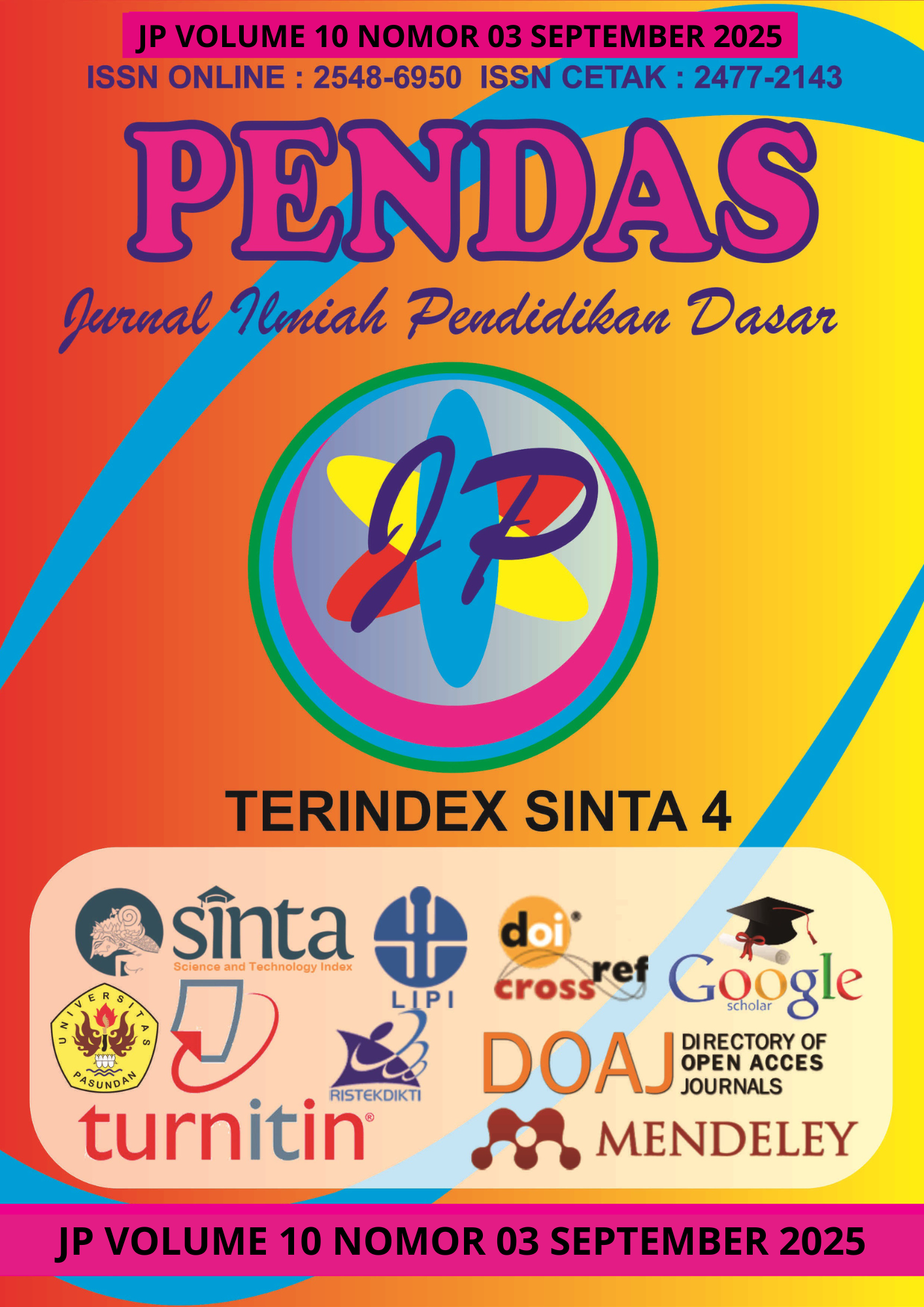ANALISIS KONFLIK NDUGA DARI PERSPEKTIF MAHASISWA UKSW ASAL PAPUA DAN DAMPAKNYA TERHADAP PERLINDUNGAN HAM
DOI:
https://doi.org/10.23969/jp.v10i3.31888Keywords:
armed violence conflict, nduga papua, human rights protection, student perspectiveAbstract
This study aims to explore the perspectives of Satya Wacana Christian University (UKSW) students from Papua on the armed violence conflict that occurred in Nduga, Papua Mountains, and its impact on the protection of human rights in the area. The research method used is qualitative with an in-depth interview approach to collect data from students who have a background and direct experience related to the conflict. The results showed that students had diverse views on the causes and impacts of the conflict, including the political, economic and social factors that contributed to the tensions in Nduga. In addition, students also highlighted the negative impact of the conflict on human rights protection, such as violations of the right to life, the right to education, and the right to health. Recommendations resulting from this research include the need for dialogue between conflicting parties, increasing the role of the government in protecting the community.
Downloads
References
Asep Darmawan. (2005). Prinsip Pertanggungjawaban Pidana Komandan Dalam Hukum Humaniter. Kumpulan Tulisan. Jakarta: Pusat Studi Hukum Humaniter dan HAM Fakultas Hukum Universitas Trisakti, hlm. 51.
Antonius, dkk. (2002). Empowerment, Stress dan Konflik. Jakarta: Ghalia Indonesia, hlm. 175.
Arlina Pemanasari, dkk. (1999). Pengantar Hukum Humaniter. Jakarta: ICRC, hlm. 3.
Badan Pusat Statistik. (2024). Kabupaten Nduga dalam Angka 2024. Nduga: BPS Kabupaten Nduga.
Badan Pusat Statistik. (2024). Statistik Pertanian Kabupaten Nduga 2024. Nduga: BPS Kabupaten Nduga.
Baxter Magolda, M. B. (2001). Making Their Own Way: Narratives for Transforming Higher Education to Promote Self-Development. Sterling, VA: Stylus Publishing.
BBC News Indonesia. (2019, 14 Agustus). “Korban Meninggal Akibat Konflik di Nduga, Papua 182 Orang: 'Bencana Besar Tapi di Jakarta Santai-Santai Saja’.” Diakses pada 12 Agustus 2024, pukul 02.48. https://www.bbc.com/indonesia/indonesia49345664.
D. G. Pruit dan J. Z. Rubin. (2009). Social Conflict: Escalation, Stalemate, and Settlement. New York: McGraw-Hill, hlm. 9.
Harmen Batubara. (2013). Penyelesaian Perselisihan Batas Daerah. hlm. 7. Diakses pada 19 Agustus 2024, pukul 15.40.
Kartika, V.R., & Hamid, S. (2020). Developing Papua As A Way Out To Overcome The Armed Violence Group (Kelompok Kekerasan Bersenjata) in Papua. Jurnal Studi Konflik dan Perdamaian, 4(1), 25-45.
Kementerian Pendidikan, Kebudayaan, Riset, dan Teknologi. (2024). Laporan Pelaksanaan Asesmen Nasional di Kabupaten Nduga. Jakarta: Kemendikbudristek.
Komisi untuk Orang Hilang dan Korban Tindak Kekerasan (KontraS). (2021). Laporan Pemantauan Pelanggaran Hak Asasi Manusia di Nduga.
Kusno, A., Arimi, & Wahidiyas, M. H. (2022). Identifikasi Propaganda Organisasi Papua Merdeka: Upaya Preventif Disintegrasi Bangsa.
Moleong, L. J. (2017). Metodologi Penelitian Kualitatif. Bandung: Remaja Rosdakarya, hlm. 3-5.
Miles, M. B., & Huberman, A. M. (1992). Analisis Data Kualitatif: Buku Sumber Tentang Metode-Metode Baru. Terjemahan oleh Tjetjep Rohendi Rohidi. Jakarta: UI Press, hlm. 16.
Perserikatan Bangsa-Bangsa. (1948). Deklarasi Universal Hak Asasi Manusia, Pasal 1, 2, dan 7.
Perserikatan Bangsa-Bangsa. (1966). Konvensi Internasional tentang Hak-Hak Sipil dan Politik (ICCPR), Pasal 2.
Philip Alston. (2010). International Human Rights: Law, Policy, and Process. New York: Oxford University Press, pasal 28.
Robbins, S. P., & Sopiah. (2008). Perilaku Organisasi. Jakarta: Salemba Empat, hlm. 57.
Roosevelt, Eleanor. (1950). Laporan Komisi Hak Asasi Manusia PBB, Pasal 28 dan Pasal 29.
Setiadi, E. M., & Kolip, U. (2011). Pengantar Sosiologi: Pemahaman Fakta dan Gejala Permasalahan Sosial: Teori, Aplikasi, dan Pemecahannya. Kencana, hlm. 345.
Sudjana, N. (2010). Pembelajaran dalam Perspektif Mahasiswa. Bandung
Downloads
Published
Issue
Section
License
Copyright (c) 2025 Pendas : Jurnal Ilmiah Pendidikan Dasar

This work is licensed under a Creative Commons Attribution 4.0 International License.



















